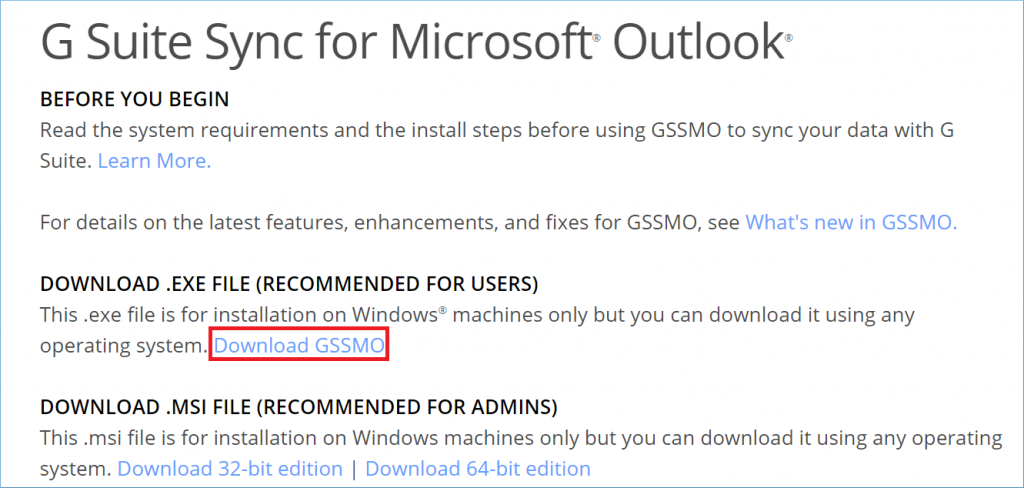
The Exchange Server cannot delete or perform the requested changes to the item.Īlthough the Sync Issues folder can be safely ignored in most cases, it can quickly increase the mailbox size and fill up the default Outlook mailbox quota in some cases which can lead to send/receive errors, new synchronization errors, and failed message deliveries.The email or mail items deleted or changed no longer exist in your mailbox or the item was already deleted from the mailbox.Sync issues in the Outlook client may occur due to one or more of the following reasons: If you open the email in Sync Issues or any of its subfolders, you may come across error messages, such as: 08:18:17 Synchronizer Version Ġ8:18:17 Synchronizing Mailbox 'Ravi Singh'Ġ8:18:17 Synchronizing server changes in folder “Folder Name’Ġ8:18:17 Downloading from server Syncmonitor triggered for Folder Name’ (0x80004005)Ġ8:18:17 Microsoft Exchange Information StoreĠ8:18:17 For more information on this failure, click theĠ8:18:17 Microsoft Exchange offline address bookĠ8:18:17 Download successful Reasons for Sync Issues This Sync Issues subfolder stores mail items that Outlook could not synchronize with the mailbox server. This Sync Issues subfolder stores multiple copies of conflicting mail items in the mailbox that can significantly inflate the mailbox size as Outlook tries to sync the mail items again and again. This Sync Issues subfolder stores information on mail items that could not be sent to the mailbox server from the local Outlook data file.

It contains three subfolders, which are as follows: To view the folder and its subfolders, click the three dots at the bottom navigation pane and choose ‘ Folders.’

These messages are sent by the mailbox server, such as Microsoft Exchange, to inform users about the problems encountered while synchronizing the emails or other mail items in Outlook to or from the mailbox server.īy default, Sync Issues folder and its subfolders are not visible in Outlook. The Sync Issues folder is a special mail folder in MS Outlook that stores messages containing information on synchronization issues and error logs experienced by the client.


 0 kommentar(er)
0 kommentar(er)
